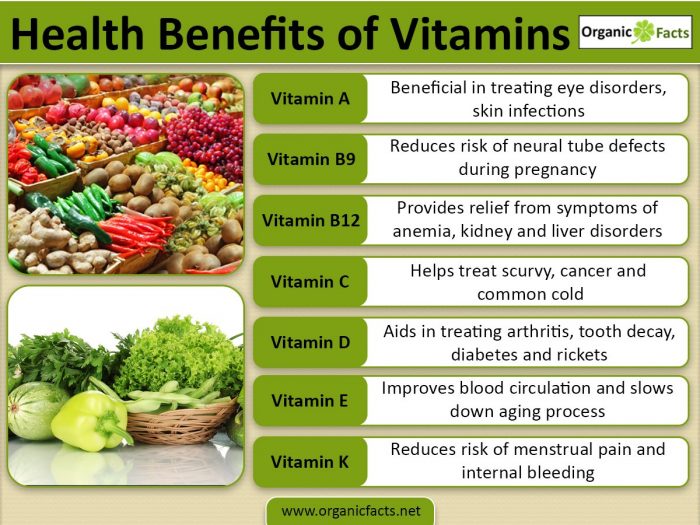In the intricate tapestry of human health, vitamins tread a fine line between the beneficent and the beguiling. Among these, folic acid and its cohort of B vitamins have long been celebrated as harbingers of well-being; yet, scrutiny reveals a disconcerting reality. Recent inquiries have illuminated that these nutrients, often heralded for their myriad of benefits, do not significantly curtail the risk of cancer—a finding that pivots the conversation from affirmations to inquiries.
The human body resembles a grand symphony, with each vitamin playing a distinct and vital note. Folic acid, in particular, has been likened to a conductor, purportedly orchestrating harmony between DNA synthesis and cellular proliferation. In theory, this role is pivotal, as erratic cell behavior can lead to malignancies. However, the evidence that B vitamins could serve as preventative sentinels against cancer remains tenuous.
In this paradigm, one must ponder: can we rely on the charisma of these vitamins? The notion that folic acid and its B vitamin brethren may act as a shield against cancer is akin to believing a beautiful statue can ward off earthquakes. While the statue is indeed a masterpiece, it offers no protection against the tremors of life. Epidemiological studies reveal that while a deficiency in these vitamins can foster adverse health outcomes, supplementation—especially in the absence of a deficiency—does not translate into a decreased incidence of malignancies.
Furthermore, the complexity of cancer etiology cannot be overstated. This multifaceted disease operates like a notorious magician, diverting attention with one hand while executing its nefarious tricks with the other. Genetic predispositions, environmental exposures, and lifestyle choices play equally, if not more, substantial roles in the genesis of cancer. Thus, the simplistic attribution of protection to B vitamins falters amidst the intricate web of causation.
Interestingly, some studies indicate that excessive folic acid might even exacerbate the predicament. Eclipsing the risks associated with modest supplementation, the overabundance of this vitamin has been linked to the progression of pre-existing cancer cells. Herein lies a paradox: an element designed to nurture cellular health could, under certain conditions, catalyze malignant growth.
Amidst this narrative, one must recognize the inherent value of B vitamins. They play an indispensable role in overall health—contributing to energy metabolism and neurological functions. However, they should not be misconstrued as panaceas for cancer prevention. As the medical community continues to navigate this labyrinthine topic, it becomes imperative to engage in a broader dialogue about dietary choices and lifestyle interventions that genuinely uphold health.
In conclusion, while folic acid and the B vitamin ensemble are vital to our cellular concert, they do not wield the baton of cancer prevention. The protective bastion one seeks rests within a holistic approach that encompasses balanced nutrition, physical activity, and vigilant health screening. The quest for longevity and vitality necessitates a comprehensive understanding of the myriad factors at play, transcending the allure of singular nutrient narratives.
